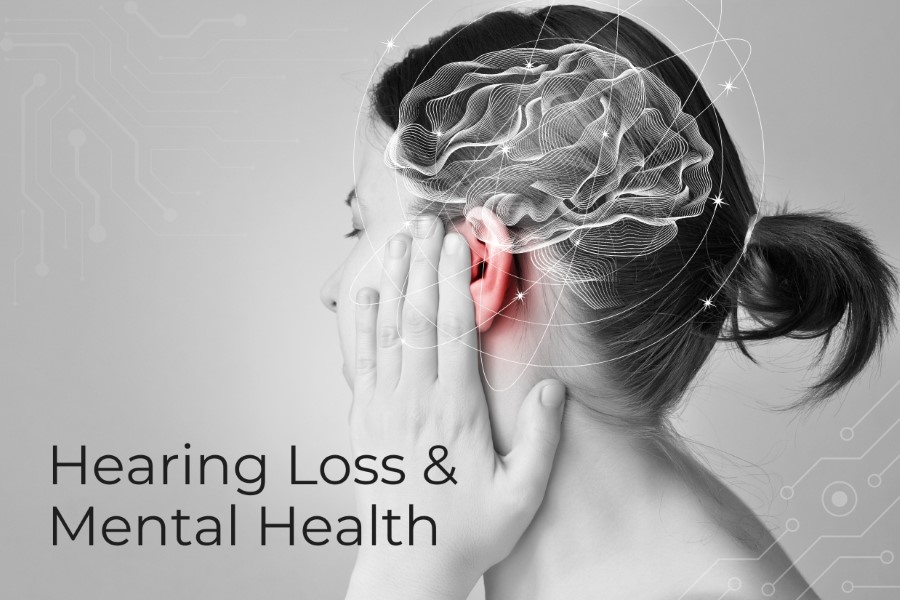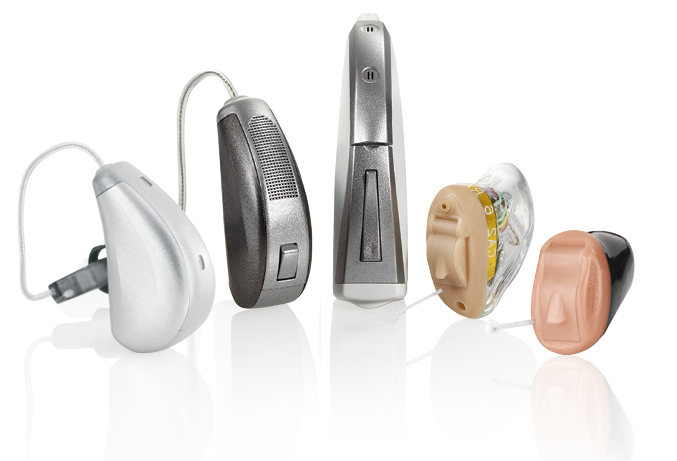
Hearing loss is often perceived solely as a physical impairment affecting one’s ability to hear sounds. However, its ramifications extend far beyond the auditory realm, influencing mental health in profound ways. Research indicates a significant correlation between hearing loss and increased risks of developing mental health issues such as depression and anxiety.
Understanding the Connection
The link between hearing loss and mental health disorders can be multifaceted. Individuals experiencing hearing loss often face challenges in communication, social interactions, and daily activities. These difficulties can lead to feelings of isolation, frustration, and even embarrassment. Over time, the cumulative effect of these struggles can contribute to the onset or exacerbation of mental health conditions.
Depression and Anxiety
Depression is a common companion to hearing loss. The sense of losing connection with the world due to reduced auditory input can lead to feelings of sadness and hopelessness. Anxiety, on the other hand, may arise from the stress of trying to navigate social situations or fear of missing important auditory cues, such as alarms or doorbells.
Quality of Life
The impact of hearing loss on quality of life cannot be overstated. Beyond the emotional toll, untreated hearing loss can hinder professional opportunities and strain personal relationships. Individuals may withdraw from social activities they once enjoyed, further isolating themselves and compounding their mental health challenges.
Seeking Help
Recognizing the signs of hearing loss and its potential effects on mental health is crucial. Consulting with a qualified audiologist is the first step toward understanding the extent of hearing loss and exploring available treatment options.
Leaders in Hearing Care
When it comes to addressing hearing loss, SPees stands out as a trusted provider of comprehensive audiology services. Their team of audiologists combines expertise with a compassionate approach, ensuring each patient receives personalized care tailored to their specific needs.
SPees audiologists offer a range of diagnostic tests to accurately assess hearing capabilities and identify any underlying issues. They employ state-of-the-art technology to provide precise hearing evaluations and recommend suitable hearing aids or assistive devices. Moreover, SPees places a strong emphasis on patient education, empowering individuals to make informed decisions about their hearing health.
Supporting Mental Well-being
Beyond addressing hearing loss itself, SPees recognizes the profound impact on mental health and offers support to mitigate these effects. They understand the emotional challenges faced by individuals with hearing loss and provide counseling and resources to help manage associated stress, anxiety, or depression.
Community and Resources
SPees is not only committed to individual care but also actively engages in community outreach and education. They provide resources and information to raise awareness about hearing loss and its implications for mental health. By fostering a supportive environment and promoting early intervention, SPees aims to enhance the overall well-being of their patients.
Hearing loss is not just a matter of reduced auditory perception; it can have far-reaching consequences for mental health. Depression, anxiety, and diminished quality of life are common among individuals with untreated hearing loss. Seeking timely intervention and support from experienced audiologists, such as those at SPees, is essential for mitigating these effects and improving overall well-being. By addressing both the physical and emotional aspects of hearing loss, SPees empowers individuals to regain control over their lives and enjoy a fulfilling, connected existence.
For anyone experiencing symptoms of hearing loss or struggling with its mental health impacts, reaching out to SPees audiologists can be a crucial step toward a brighter, healthier future.

